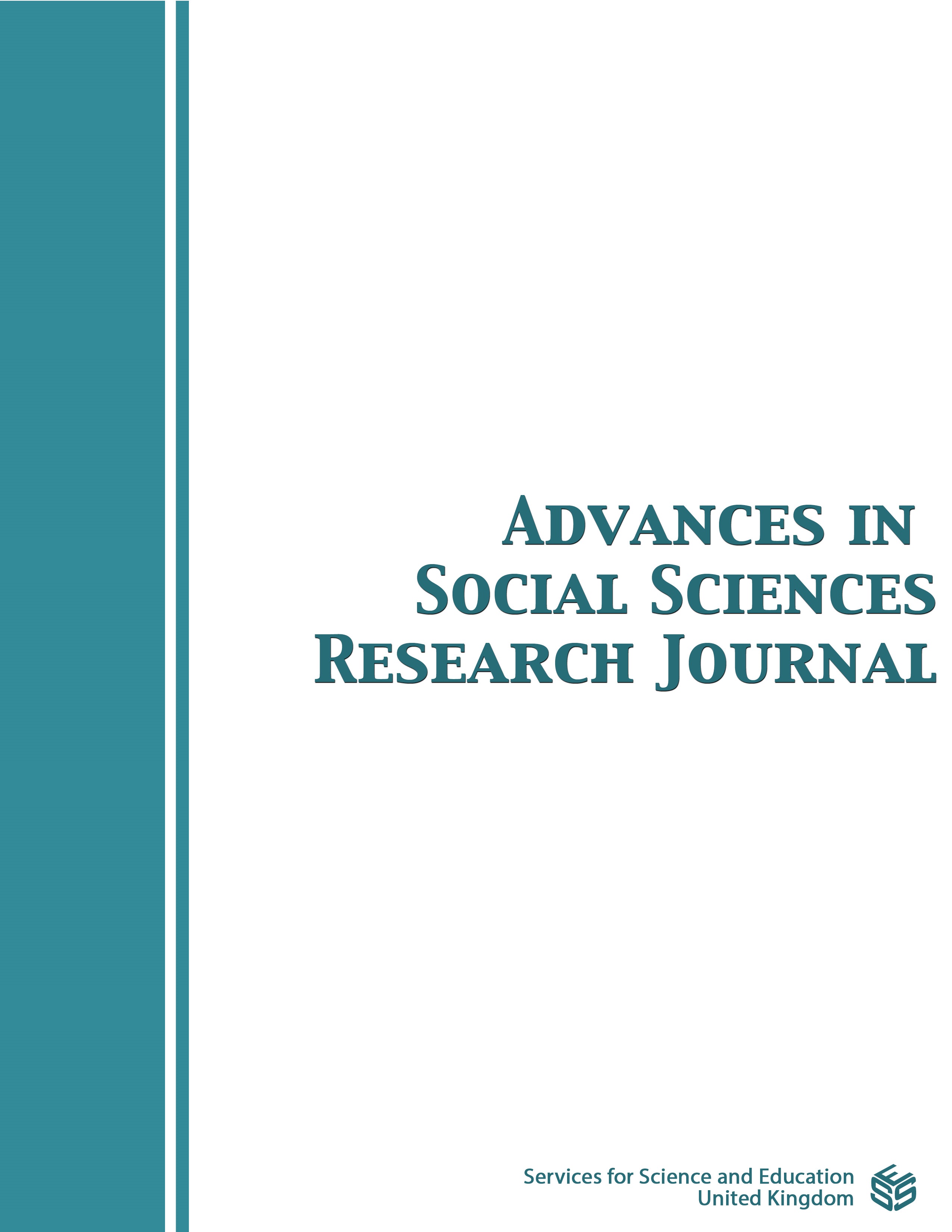Survival Strategy of Street Children Who Do Not Occupy in Halfway House against Violence in the City of Surabaya through the Assistance of ALIT Foundation
DOI:
https://doi.org/10.14738/assrj.811.11284Keywords:
Survival strategy, Street children, Violence, Mentoring, ALIT FoundationAbstract
Children are the young generation who are the hope and future of the nation. Every child needs protection and guidance in the process of growth and development both physically, mentally and socially. Especially for street children who do not live in a halfway house in the face of violence in the city of Surabaya. Community involvement in the protection of street children is also an important part in improving the quality of the nation’s next generation. One of the community’s involvements in child protection is realized through Non-Governmental Organizations. This study aims to determine the role of the ALIT Foundation in providing assistance to street children who do not live in a halfway house. This study uses a qualitative approach located along the Ketintang Surabaya railway. The results showed that the survival strategy of street children who did not occupy in halfway house against violence in the city of Surabaya was through the assistance of the ALIT Foundation and in accordance with Grindle’s theory, there were two main variables that became indicators of the success of policy implementation, namely the policy content variable and the implementation environment.
Downloads
Published
How to Cite
Issue
Section
License
Copyright (c) 2021 Nanik Setyowati, R. N. Bayu Aji, Sarmini, Ali Imron, Nasihatul Mahmudah

This work is licensed under a Creative Commons Attribution 4.0 International License.
Authors wishing to include figures, tables, or text passages that have already been published elsewhere are required to obtain permission from the copyright owner(s) for both the print and online format and to include evidence that such permission has been granted when submitting their papers. Any material received without such evidence will be assumed to originate from the authors.






